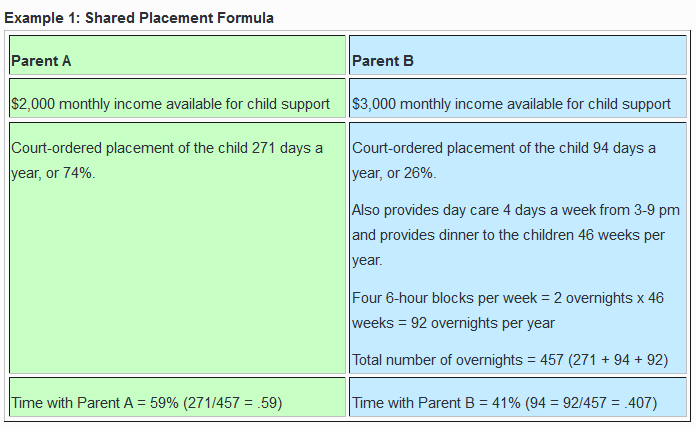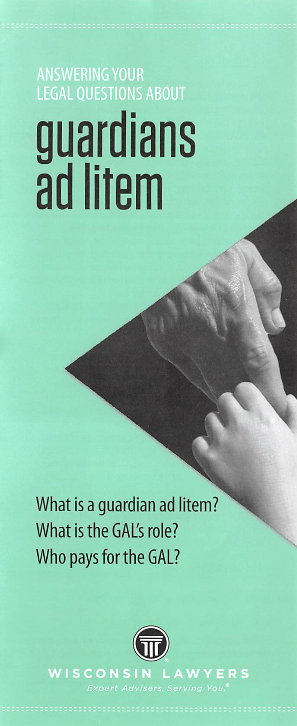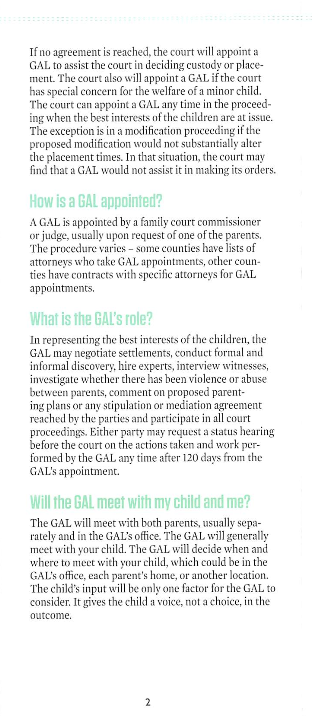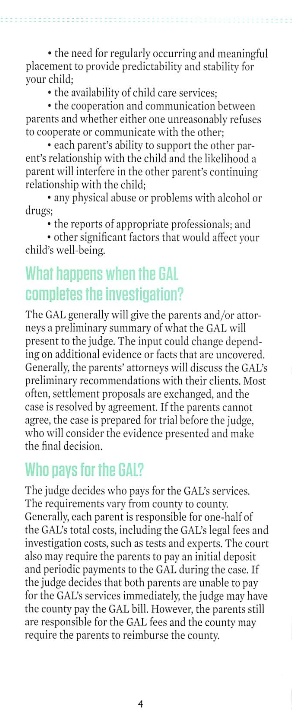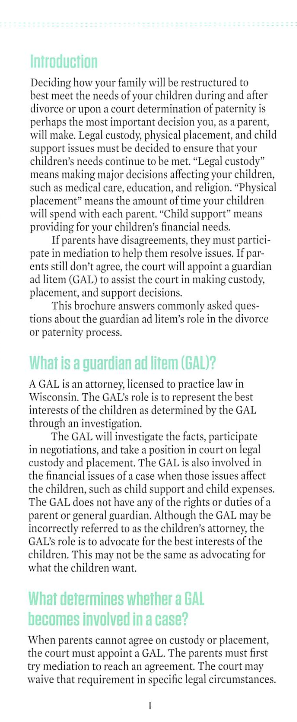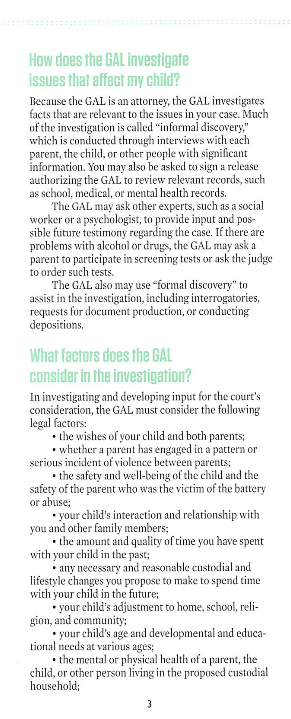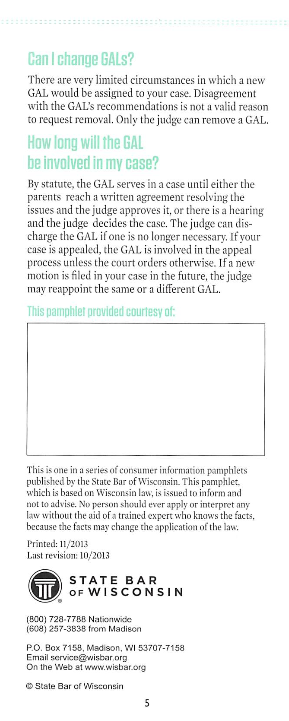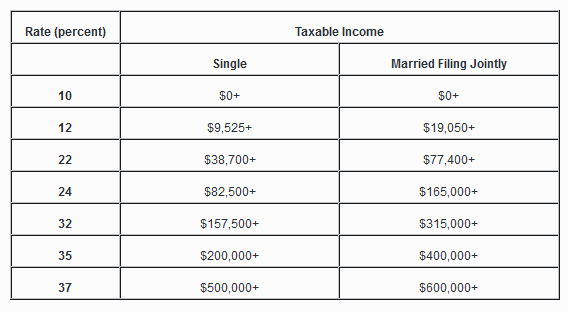IMPACT OF JOB LOSS FROM COVID-19 ON SUPPORT OBLIGATIONS
One of the biggest casualties of the COVID-19 (Corona Virus) has been job losses as a result of mandatory closings and safe-at-home policies. This can present substantial problems for payors of both child support and maintenance orders. These support orders are typically fixed dollar orders based upon the payor’s income. If the payors income has gone down through no fault of their own, the orders may be subject to modification under Wis. Stat. § 767.59. This includes both child support and maintenance orders. It is important to note, however, that Wis. Stat. § 767.59(1)(m) states:
In an action to revise a judgment or order with respect to child support, maintenance, or family support, the court may not revise child support, maintenance, or family support due, or an amount of arrearages, in child support, maintenance payments, or family support payments, that has accrued, prior to the date that notice of the action is given to the Respondent except to correct previous errors and calculations.
This means time is of the essence to file a motion to modify support in the event of a substantial loss of income. The court cannot go backwards to revise a support order. The longer the wait, the bigger the arrearage which the court cannot reverse retroactively. The court can only modify support as of the date of service of motion to the payee.
Our office has decided to offer a reduced retainer fee to file motions to modify support obligations during the safe-at-home policy and COVID-19 quarantine. If you have lost your job as a result of COVID-19, and have a support obligation you are afraid you can no longer meet, contact our office to speak with one of our attorneys. Our office is open Monday through Friday from 8:00 am until 5:00 pm. We can be reached by calling (262) 654-0999.






